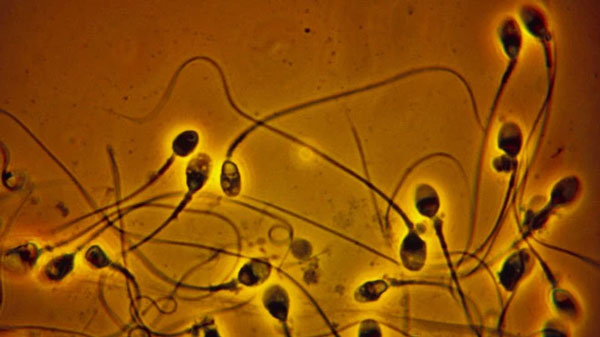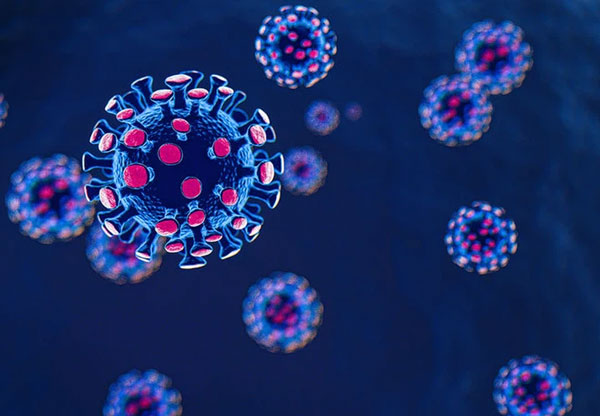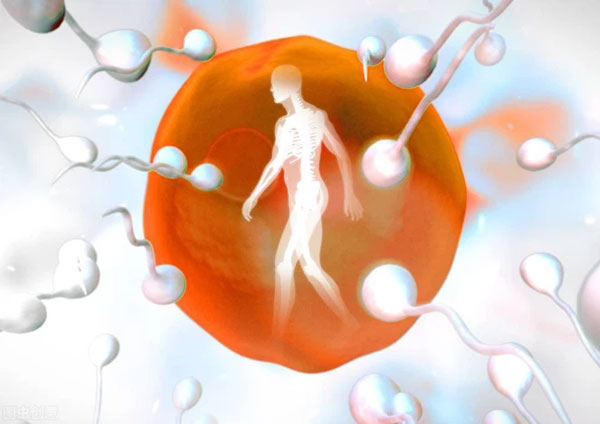“Human Reproduction Update” has published a shocking article claiming that the sperm count of modern men has decreased by more than 50% compared to men 40 years ago.
This study has triggered a global “sperm crisis,” and humanity may face a significant survival crisis. Some people even suggest that men’s sperm should be frozen and stored now to prevent infertility and the potential extinction of the human race.
Some have even referenced the 2006 science fiction film “Children of Men” to speculate about humanity’s future, depicting a scenario where, after losing the ability to reproduce entirely, no new babies are born on Earth, leading humanity into an apocalyptic crisis. This has caused increasing anxiety among men. Are we truly reaching a dead end?
In fact, this is a meta-analysis synthesizing 185 previous studies on human sperm counts, encompassing over 40,000 studies on men from 1973 to 2011, concluding that men’s sperm counts have halved. However, it does not pinpoint specific causes, prompting scientists to urgently investigate the reasons behind this decline.

Since then, many experts have begun researching the severe decline in men’s sperm counts and have found that the sperm crisis is indeed alarming—men’s reproductive health issues in modern society are concerning, and sperm counts among men in Europe and Africa have indeed decreased, but this decline is far from leading to the collapse of human civilization.
However, we must not take this lightly, as more studies are revealing that many everyday products and devices in modern society have become sperm killers, significantly affecting sperm quality and men’s fertility.

For example, the increase in artificial light sources at night is linked to decreased sperm counts in men, and fine particle pollution can also harm men’s sperm quality.
Additionally, there is a correlation between coronavirus infections and poor sperm health, potentially due to heightened immune responses during the infection or increased stress levels.

Moreover, many substances we encounter daily contain endocrine disruptors that can hinder normal hormonal functions. One of the authors of a 2017 study, reproductive epidemiologist Shana Swan, wrote in her book “Count Down,” published this March, that many shampoo products contain phthalates, the biggest culprits affecting men’s sperm health. This substance reduces testosterone levels and sperm counts—essentially, using shampoo with this ingredient is akin to causing sperm to commit suicide.
Plastics also contain bisphenol A, a chemical commonly found in millions of items like electronic products, which impacts the reproductive health of both genders, especially women.
Other factors affecting men’s sperm health include processed meats, heated car seats, mobile phones and other electronic devices, commonly used medications like ibuprofen and paracetamol, and tight underwear and pants. Additionally, various chemicals we encounter daily can also affect men’s sperm counts and quality.
It seems that men are indeed a fragile species! In reality, the root of the problem cannot be entirely blamed on the external factors mentioned above; the real cause may lie in the fact that with the development of modern society, physical activity has given way to mental activity, weakening men’s physical fitness, while psychological stress has gradually diminished overall fertility.

Furthermore, the increasing level of education, improving living standards, and declining willingness to have children have led to a slowdown in population growth in wealthy developed countries, even resulting in zero or negative growth.
However, the average man has hundreds of millions of sperm per milliliter of semen. Even with a significant decrease in sperm counts, such as falling below the 20 million threshold recognized for oligospermia, it cannot drop to zero; and fertilization requires only one sperm to combine with a woman’s egg, meaning that even if men’s sperm counts decrease significantly, as long as there is at least one sperm, modern medical methods can still be used to facilitate fertilization and childbirth.
Therefore, the so-called decline in men’s sperm counts and the enormous survival crisis facing humanity is a concerning issue, but it has not yet reached a level of serious alarm.





















































